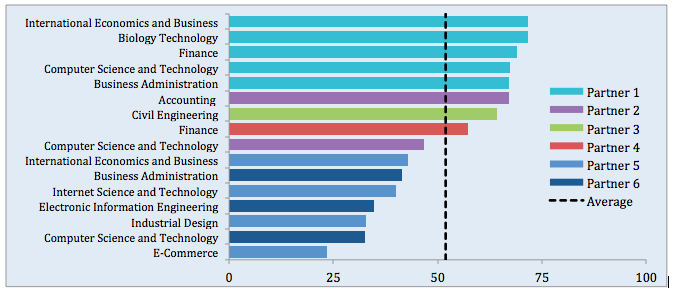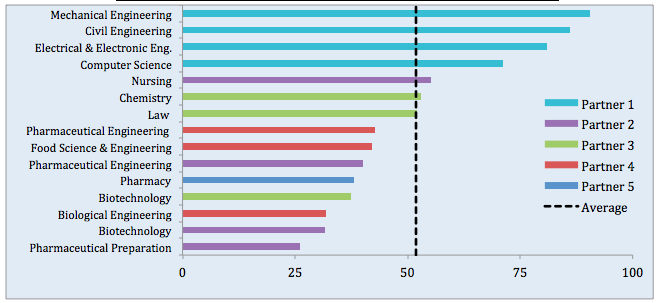“Make sure that you deliver on your promise. Reputation can be your best asset, or your Achilles heel”
The British Council recognises the usefulness of education agents and consultants, and as well as compiling a database of trustworthy agents for students’ use, it trains agents on best practice and how to operate in the UK. A new tool is now running online to guide professionals through the UK education landscape.
The Study UK: a Guide for Education Agents, Advisors and Counsellors MOOC, currently open for registration, is free and designed for people interested in starting out in the sector or consolidating their current skills.
Helen Obaje has worked with the British Council for ten years and specialises in the training of agents in the international education sector. She is the designer of a new online course for agents, advisors and counsellors launched by the British Council.
Here are Helen’s top five tips for agents thinking of expanding their business in the UK:
1. Keep up to date
Education is not static, nor is it consistent across the UK with different education systems in the country’s different nations. The best agents are those who are consistently in touch with the changes within the areas they operate.
There are a variety of resources from different bodies that can help you keep on top of new regulations and new products: the UK Council for International Student Affairs, StudyUK:Discover You and visa and immigration information from UKVI are among them.
Be sure to stay on top of changes within the institutions that you represent, don’t just assume that because they are your client that you know them inside out. Take advantage of all the support and training that UK institutions provide and keep an eye out for fam trips. These are a great opportunity to get information on the ground so take advantage whenever possible.
2. Relationships
So much of this job relies on relationships: the ones you have with students, their families and institutions. You need to think long term about what is it that you can do to help build and develop your relationship with the institution you are working with.
Think about how regularly you keep in touch with people and by what means. There is no replacing quality face to face time, but equally you cannot be everywhere at once, so a balance needs to be struck.
3. Do you fit?
We are all clear on the importance of matching the student to the right institution and course, but this also applies to agencies. Why should an institution work with you and what do you bring to the table? You need to be able to help the institution meet its goals and ensure that students are happy and successful. A large part of this involves making sure that you and what you offer are properly suited to the organisations with which you are working. Losing track of this is of no benefit to you or your clients.
4. Reputation
Make sure that you deliver on what you promise. Your reputation can be your best asset or your Achilles heel. Word gets around the industry swiftly and it is far easier and quicker to lose a good reputation than to rebuild one. Make sure you stay realistic in what you can achieve and never feel pressured into making plans or promising figures that may seem impressive but will never be reached.
5. Believe in the UK
It is the home of the English language with a reputation for academic excellence and cultural diversity, but don’t just take our word for it. Students are the proof of the quality of a UK education. UUK International reports that satisfaction rates in their 2015/2016 cohort were 91 per cent for undergrads and 90 per cent for postgrads. This is higher than the satisfaction ratings for the USA, Canada, Australia and New Zealand, as well as major European countries.
And on top of the quality of education there are plenty of other factors drawing people to study here such as the culture, society history and infrastructure.

